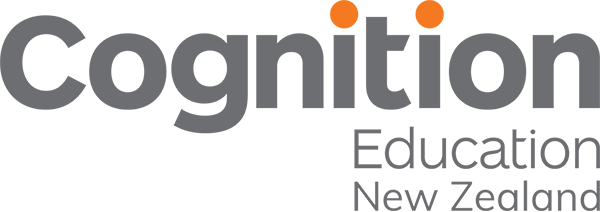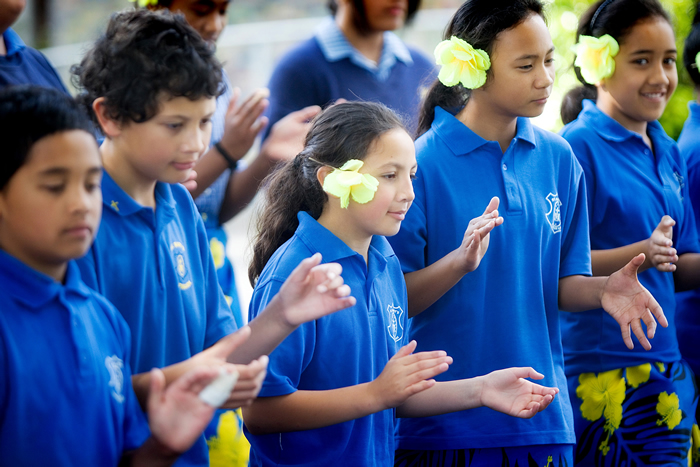The South Auckland Catholic Kāhui Ako had a 2018/2019 professional learning and development (PLD) focus on Innovative Learning, specifically collaborative practice. As part of the Kāhui Ako, St Mary’s Catholic School (Papakura Years 0-8) is committed to improving educational outcomes for its Pasifika learners. Over a twelve-month period, they effectively accelerated writing and to grew oral language for their Pasifika learners.
The first areas they decided to focus on was the need to have teachers work more collaboratively and effectively in flexible learning spaces (ILEs). They wanted to embedd learner agency practices to support a shift in student achievement in Writing for their Pasifika learners.
They identified the following goals:
- increase individualised learning to provide students with the ability to self-direct their learning by increasing the confidence and competence of teaching staff to embed learner agency and demonstrate culturally responsive and collaborative practice.
- enable individualised learning through identifying effective teaching practice, systems and processes that can create better outcomes for learners when working in flexible spaces (ILEs), by increasing the confidence and competence of teaching staff to work collaboratively and use learning spaces more efficiently and effectively.
St Mary’s planned to measure the effectiveness of the PLD on student outcomes by analysing learner achievement in writing and had a goal was to accelerate Pasifika students in Writing (2017 data) from 54% at expected curriculum level to 75%, by the end of 2020.
The school contacted Jacque Allen and Del Costello from Cognition Education. The theory of change was created, and the approach was developed and designed.
In the delivery phase of the PLD, several strategies were employed, and the Cognition consultants and the leadership team worked with the teaching teams across the school to co-construct the actions that would be put into play. “It was really important that we built the agency and efficacy of our teachers in order to be successful on this journey,” says Audrey Kippen, Acting Principal.
Strategies included:
- creation of learning environment systems that are visible
- developing a common language of learning across the school
- using data to inform their groupings
- creation of agentic practices in writing programmes
Innovative learning is much more than using the flexible spaces well and the teachers quickly recognised that it is the systems and processes that have the biggest impact on learner agency.
“One of the struggles we kept coming across in writing, was low engagement for our Pasifika learners,” says Del Costello, Cognition consultant. As they worked through the inquiry process, the teachers hypothesized that there may be two reasons for the low engagement. Firstly, they wondered if the learners simply weren’t interested in the things they were writing about and secondly, they noticed that many didn’t have the foundation oral language skills to even talk about what they were going to write.
That is where Korero te ti Tuhi – A Cognition Education oral language approach to literacy, came into play. With support, the teachers integrated this into the teaching of writing
What did they start to see?
- Learners engaging in regular quality peer and group discussion prior to writing.
- Learners were excited to use their home language in their writing preparation.
- There was increased engagement at literacy time and learners grew in independence once the system started to embed.
- There was significantly ‘more’ writing in the books come the end of the week.
Once the school had engagement sorted, the teachers could get on with the ‘teaching of writing’ and that is when they started to see the acceleration in writing achievement.
In percentage terms this led us to see a positive impact of 18% shift in writing data for their Pasifika learners over the year.
Oral language data will continue to be collected and it is showing sound growth. Alongside this data, teachers and leaders report an observed increase in the interpersonal communication skills of their learners and an extending willingness to participate in classroom discourse.
What now?
They are not stopping here. They are extending their cohort group to build the impact of their changes in practice across the whole school. The teachers are excited and motivated, the learners are growing in agency and they want to continue to embed what they now know works to improve outcomes for their whole community.

